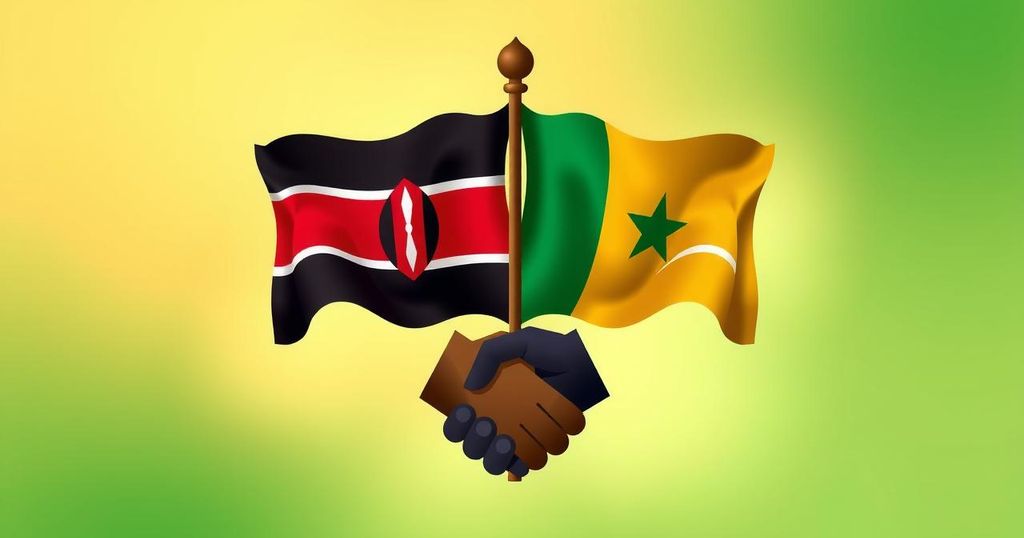Kenya’s Diplomatic Setbacks in Ghana Highlight Administrative Rift in Ruto’s Government

Kenya’s recent diplomatic failures in Ghana reveal critical flaws in President Ruto’s administration, as two ambassadorial nominees declined their postings in under a year. This raises concerns about the vetting process and political motivations behind nominations. The incidents are detrimental to Kenya’s foreign policy efforts during a time when enhancing its continental influence is vital.
Kenya’s diplomatic relations in Ghana reveal significant issues within President William Ruto’s administration. The High Commission in Accra has become a prominent concern after two consecutive ambassadorial nominees rejected their appointments, an unusual and politically troubling event that casts doubt on the coherence of Kenya’s foreign policy. Former Member of Parliament Vincent Kemosi initially declined his role in April 2024 due to personal reasons, followed by ICT Minister Margaret Nyambura, who turned down the same post in January 2025, citing family obligations.
The dual refusals led to considerable criticism from Parliament, exposing flaws in the vetting process for such positions. The National Assembly’s Defence, Intelligence, and Foreign Relations Committee, chaired by Ruto ally Nelson Koech, condemned the presidency for failing to conduct proper scrutiny before making these nominations. Their January report indicated that the rejections represented a “lapse in the due diligence process” of appointing authorities, highlighting serious administrative oversight.
The position in Accra is crucial, as Ghana serves as a major hub for Kenya’s objectives in Pan-African diplomacy and economic engagements. Mismanaging this posting not only diminishes Kenya’s diplomatic reputation but also sends detrimental signals, especially when Nairobi seeks to increase its influence within continental organizations like the African Union and BRICS.
Some diplomatic insiders suggest that these nominations could be politically motivated, noting that Nyambura’s appointment seemed more like a Cabinet reshuffle than a genuine promotion. The rejection of significant positions acts as a public criticism of presidential judgment and diminishes the credibility of Kenya’s foreign service. Furthermore, this is not an isolated incident; a similar occurrence transpired in 2018 when Abdikadir Mohamed declined an ambassadorial position to South Korea.
These patterns reflect a tendency for political favoritism to overshadow strategic diplomatic priorities. For President Ruto, whose aims for foreign policy involve economic restructuring and enhancing regional leadership, these failures in Ghana raise critical concerns regarding administrative coordination and decision-making within his government.
In summary, the rejection of ambassadorial postings by two nominees in less than a year highlights serious flaws within President Ruto’s administration and raises questions about the vetting process for such diplomatic positions. These incidents suggest a troubling trend of executive overreach and political patronage that could undermine Kenya’s standing in international affairs. The current situation necessitates urgent introspection and corrective measures to realign the administration’s foreign policy coherence and credibility.
Original Source: eastleighvoice.co.ke







